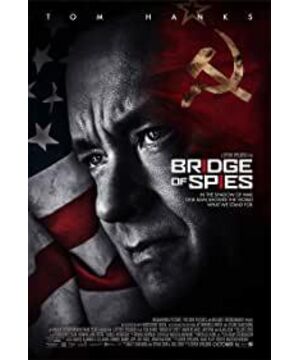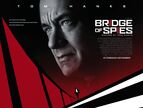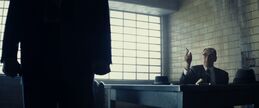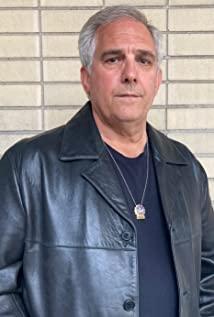First, it was Khrushchev who initiated the exchange.
In exchange for Abel, after returning to the Soviet Union, in recognition of his outstanding achievements (the Soviet Union's atomic bomb), the Supreme Soviet of the Soviet Union awarded Abel a Lenin Medal and awarded him the Soviet Hero Medal, which was admired as a hero by the Soviet people. He was later promoted to major general and devoted most of his energy to cultivating Soviet spy talents. He died of illness in Moscow in 1971.
And Bowers should also be rewarded by the White House after returning home. However, he was treated unfairly by the government (cia) that had made him risk his life and freedom to serve him. After Bowers returned to China, he was greeted with criticism and criticism that did not know the truth, which made him very angry. News writers and critics have accused Powers of not blowing up the plane before escaping, not killing himself after his arrest, and even questioning how he survived. Even worse was the attitude of the government agencies that had supported the project, especially the CIA. It was on the order of the CIA that Powers took the risk on the mission, and Powers vigorously defended himself and his homeland in Soviet courts. But the CIA did not come out in public support for Powers, and did not develop any countermeasures knowing that the U-2 would be shot down sooner or later.
At that time, the United States and the Soviet Union were lighthouses. Otherwise Abel would not have joined the Soviet Union. The current American beacon can only be shown by the Hollywood patriotism of Steven Spielberg.
View more about Bridge of Spies reviews











